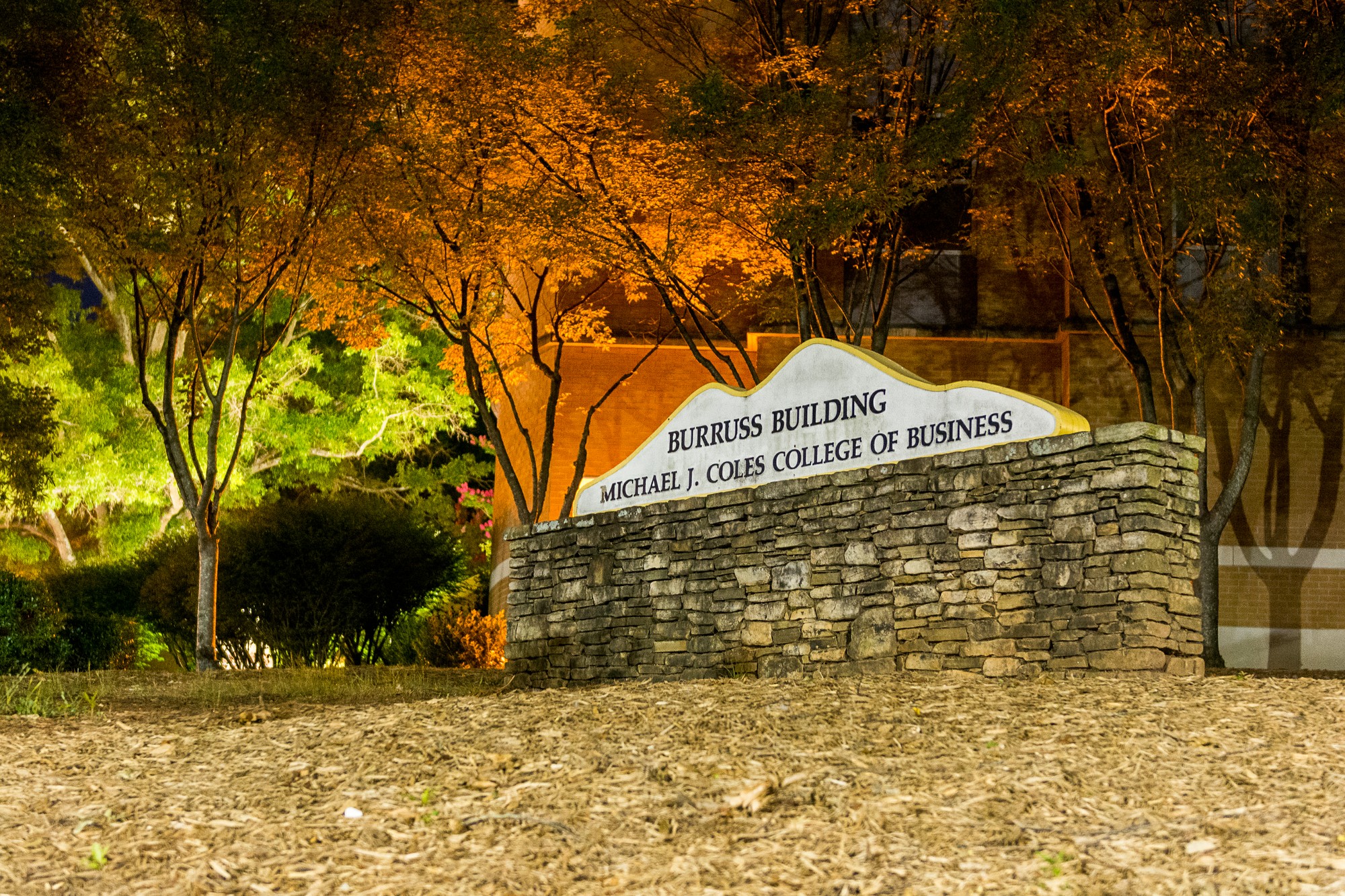The recent shooting death of a Georgia Tech student by campus police has sparked questions of whether college students can trust their university police officers.
Scout Schultz, a 21-year-old engineering student and the president of Georgia Tech’s LGBT Pride Alliance, was pronounced dead on Sept. 16 at Grady Memorial Hospital after he was shot by a campus police officer.
According to police, the fourth-year student placed a 911 call describing “a man handling a knife.” When three campus police officers responded to the scene, Schultz was brandishing a knife.
A video of the incident provided by Georgia Tech’s campus security shows officers engaging in a brief verbal dispute with Schultz before shooting the student once in the chest.
According to the Georgia Bureau of Investigation, police investigators found three suicide notes Schultz left behind in a dormitory room. Schultz’s parents released a statement saying their child had a history of mental illness, battling anxiety and depression.
According to the National Alliance on Mental Illness, more than one in five young adults has a diagnosable mental illness, and 75 percent of mental illnesses begin before age 24. This, combined with the proximity of the event to Kennesaw State’s campus, has led students to ask whether a similar incident could happen here.
Walker Kent, a sophomore civil engineering major at KSU, believes it could. Kent said the shooting, which has gained national attention, could cause safety concerns between campus police and students.
“The student who was shot at Georgia Tech may create fear in the mind of students here at KSU due to the universities’ implementation of concealed carry for students on campus,” Kent said. “This could pose future issues with campus police and their quick draw of lethal weapons in fear of the students possibly carrying a gun.”
However, KSU officials are alerting their students that they are in safe hands when dealing with campus police. According to a statement by Interim Chief of Police Edward Stephens, KSU’s police have the proper training programs as well as the necessary nonlethal equipment to keep students safe on campus.

“I feel that it is our responsibility to not only enforce the law but to also nurture and provide guidance to the students to better assist them to complete their college career and ready themselves for the next chapter of their life,” Stephens said. “By being involved through different programs and daily positive interactions, we can build the needed trust and support for each other.”
Stephens also mentioned KSU police officers receive Crisis Intervention training, a form of training that enables law enforcement to peacefully de-escalate situations involving individuals with mental illness.
Other forms of training officers include suicide prevention, de-escalation techniques, police response to PTSD and interpersonal relations.



